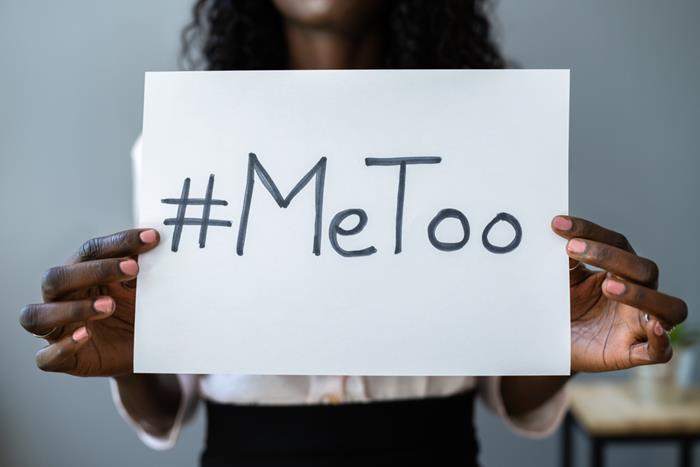Two women have now spoken to the media about being raped whilst working for the CBI, a number of its members have resigned, and the government has suspended engagement.
This will have shocked many, but coming as it does after similar coverage of sexual violence in political parties, sleazy dinners in the City of London, the shocking Casey report into the Metropolitan Police following the murder of Sarah Everard, and the #MeToo movement, which raised the profile of issues in entertainment, it might be time to recognise that this is not a small-scale aberration, or somebody else’s problem.
At the Institute of Business Ethics, we run ethics training for leaders in organisations. One element of this training is about ethics bias. We ask people to score themselves, their colleagues and their organisation on a 1-100 unethical-ethical scale that represents the UK, or the global population. Most people score themselves in the top 10% most ethical, their team around the top 20%, and their organisation as a whole in the top 30% or 40%.
The takeaway is that, even for great organisations with a strong corporate culture, good ethics training and imaginative recruitment practice, the distribution of good and bad behaviour is going to be much more evenly distributed than most people think. That ethical blind spot, or bias, which means you think the best of people that you know or are connected to, cannot be allowed to stand in the way of addressing real problems.
So, what can you do to make sure that sexual misconduct is not tolerated or kept secret in your organisation?
Every time these stories are told, women describe how either they tried to report and were disbelieved or discouraged, or that they chose not to report because they did not expect to be taken seriously. Make sure you have a place where all employees know they can go to report serious issues. Consider working with an expert provider to train relevant staff so that women are heard and supported appropriately. See our guidance on building a Speak Up culture.
Look at your gender metrics: staff retention, turnover, promotion, and pay. Are there parts of your organisation where it looks like women might be less valued than men? Regulators are increasingly talking about diversity metrics as important indicators of the health of the organisation’s culture. Be willing to understand what is going on. Having strong equality and diversity policies in place is important—but not sufficient.
Many of the organisations where there has been significant media coverage have specific things in common—high-pressure workplaces, significant power disparities between senior and junior employees, work-related socialising. How many organisations could see themselves described in those criteria?
There is nothing extraordinary about the Met, the CBI, or the office of a political party as a workplace. Do not think that because you believe these crimes to be so abhorrent, they could not happen in your organisation. Take action.
Rachael Saunders is deputy director of the Institute of Business Ethics.
This article first appeared as a blog on the Institute of Business Ethics’ website and is reproduced with permission. Read the original article here.





